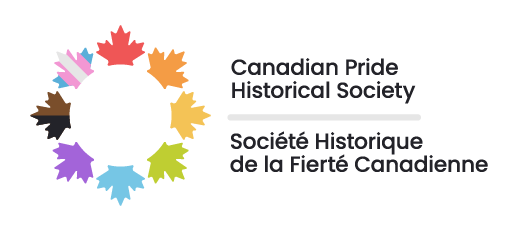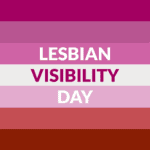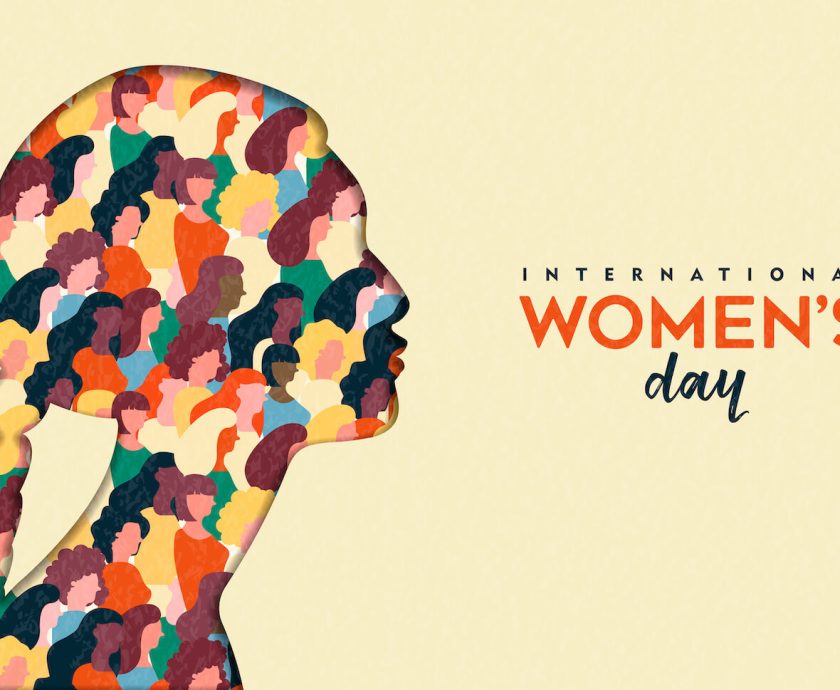Social media is part of everyday life for most of us. For many 2SLGBTQIA+ individuals, it’s more than just a way to stay in touch — it can be a vital connection to community, belonging and affirmation. Especially for those living in places where acceptance isn’t guaranteed, these platforms can offer a sense of being seen.
But social media is a complicated space. Along with its benefits, it can also affect mental health in ways that are easy to overlook. This Mental Health Awareness Month, the Canadian Pride Historical Society is encouraging everyone to take a closer look at how online life shapes emotional well-being — and how to engage with it more thoughtfully.
Finding connection
One of the biggest strengths of social media is how it brings people together. Whether it’s joining a group that shares your identity, following 2SLGBTQIA+ creators who speak to your experience, or seeing stories of resilience and joy, digital spaces can offer much-needed visibility.
For those who might not have supportive communities close to home, social media can be a powerful reminder that you’re not alone.
Knowing the risks
At the same time, not every online experience is positive. Curated posts can lead to unhealthy comparisons around success, appearance or “doing enough” for the community. Constant exposure to misinformation, trolling or targeted hate can also take a toll on mental health.
It’s important to recognize when these interactions start to chip away at your sense of self. Even well-meaning spaces can sometimes leave people feeling unseen or isolated.
Protecting your well-being
There’s no need to disconnect completely to protect your mental health — but a few simple strategies can help:
- Curate your feed. Follow accounts that make you feel supported, inspired or informed.
- Set boundaries. Taking regular breaks or limiting screen time can help you recharge.
- Check in with yourself. Notice how certain spaces or conversations make you feel, and adjust accordingly.
- Reach out for support. Whether it’s a friend, a peer network or a professional, you don’t have to navigate challenges alone.
Building spaces — online and offline — where 2SLGBTQIA+ people feel safe, valued and empowered to care for their mental health is an ongoing, shared effort.
A gentle reminder
Social media can be a tool for connection, creativity and joy. But it’s okay to step back when needed. This Mental Health Awareness Month, let’s commit to making our digital spaces kinder, more inclusive and healthier for ourselves and each other.
If you’re looking for support, services like Talk Suicide Canada (1-833-456-4566) and Reach Out Crisis Line (519-433-2023) are available 24/7.
References:
https://www.ementalhealth.ca/index.php?m=record&ID=55840
https://findahelpline.com/organizations/reach-out-crisis-line







